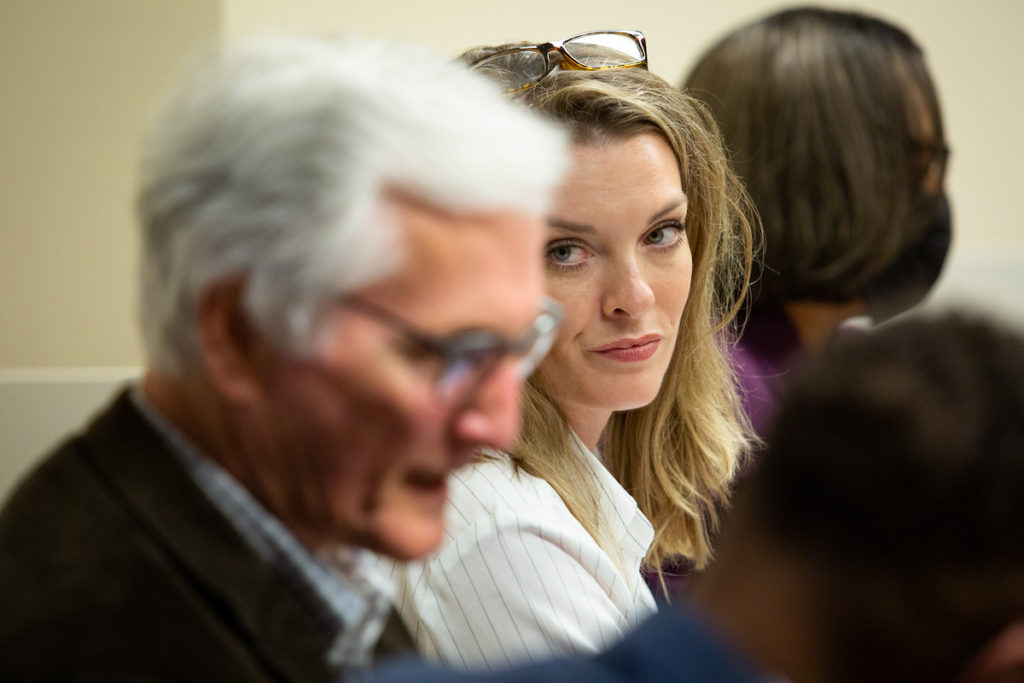
Nashville will test out license plate readers in a six-month pilot program.
The technology captures photos of each car that passes through and then shares the information with law enforcement.
On Tuesday night, the Metro council approved legislation that would allow LPRs to be used for investigating and prosecuting felony and criminal acts associated with violent crimes, detect traffic and parking violations and assist in missing person cases. An hour before checking the data, law enforcement agencies, the parking enforcement patrol, NDOT and their contractors must have reasonable suspicion.
“Crime, I think we can all agree, is not getting better,” councilmember Courtney Johnston the bill writer says. “It’s incumbent on us to at least try and see if this tool will help curb this activity.”
Supporters of the tool believe it’ll help solve and prevent crime. While opponents fear this will harm residents of color.
For over a year, the Metro Council has played tug of war over whether the city should use license plate readers to help solve crimes. Originally the debate was all or nothing on using the technology. But councilmember Dave Rosenberg revised his bill to appease a council that was mostly onboard with using the tool.
The council’s decision comes as violent crime has increased during the pandemic, following a nationwide trend. In the last 2021 Compstat report from the police, homicides were down 4.5% from 2020, while violent crime overall had gone up 3.5%. But compared to 2019, homicides were up 32.1% and violent crime had increased 12.5% .
To keep communities safe experts have made the case that they need stable resources like like affordable housing, quality education, mental health resources and child care. They say there isn’t one reason crime has increased but root causes include unemployment rates, job loss and heightened stress with more access to guns.
Many organizations and institutions including the public defender’s office, Black Nashville Assembly, TIRRC, the police oversight board and Walk Bike Nashville have been against their use in Nashville.
Walk Bike Nashville is deeply disappointed in the decision to approve this 6-month pilot program. We know that when we talk about traffic and public safety, community input matters. Tonight we saw how many council members ignored that input.
— Walk Bike Nashville (@walkbikenash) February 2, 2022
Policymakers both nationally and locally have debated whether expanding police powers or addressing the root causes is the best way to prevent crime. In Nashville, Mayor John Cooper has mostly tried to play both sides. Although the money for alternative policing hasn’t received enough money to create substantial change.
During Tuesday’s meeting, councilmembers pointed out his office’s support of the LPR legislation even if the law is written with flaws. But his office pushed for amendments to be cleaned up.
On Wednesday, he made his stance clear to a crowd of police celebrating a new graduating class.
“I’m thrilled last night we’ve been able to advance on a pilot project for the license plate readers to be able to deploy new technology to extend you to solve crime and make your job easier,” Cooper says. “This is going to be the commitment from Nashville to you. You may have heard about ‘defund the police’ – not here. Support the police – that’s Nashville.”

